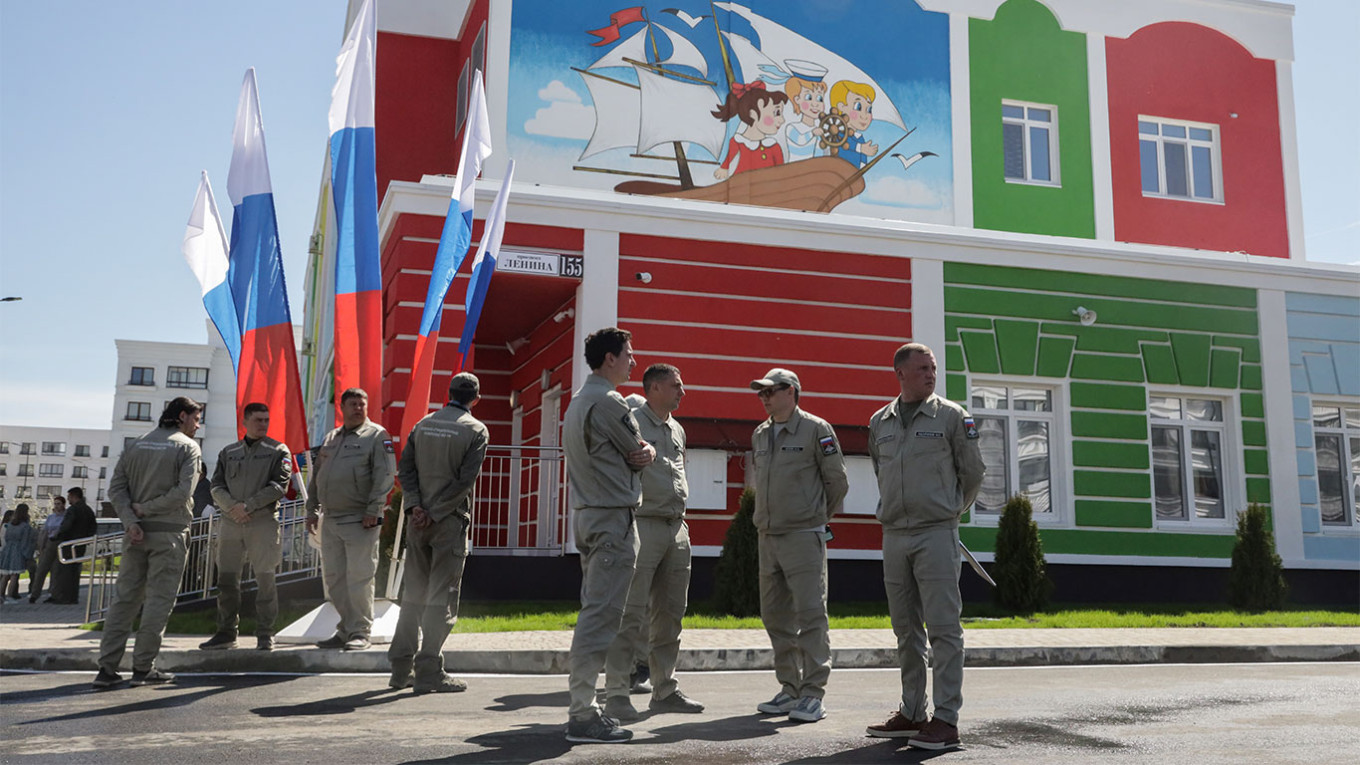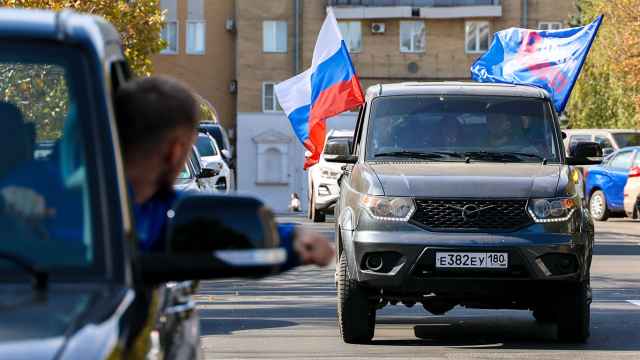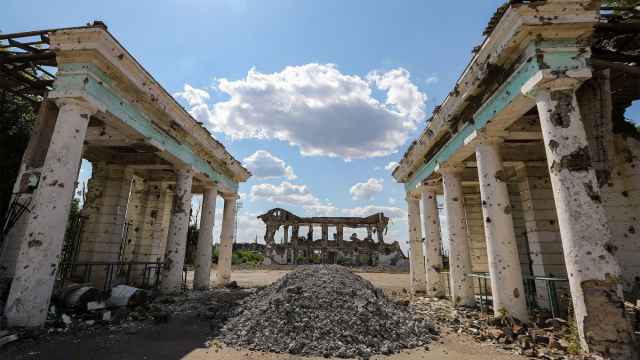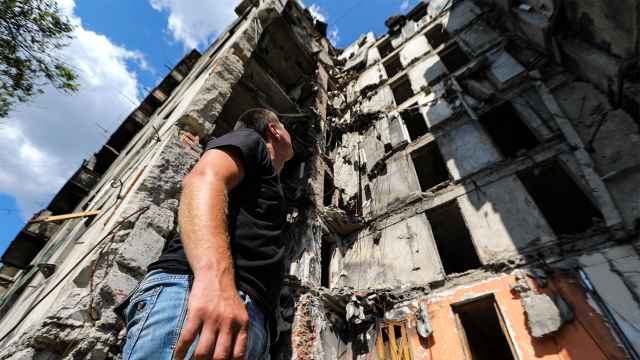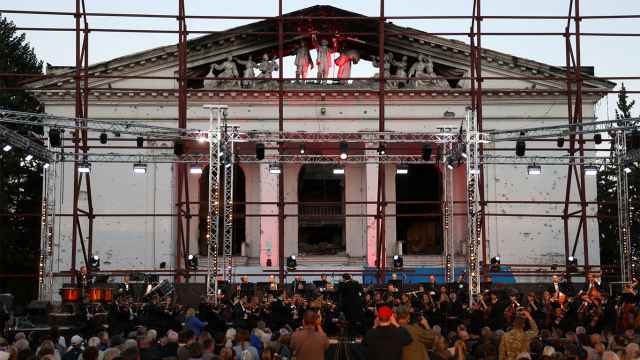Tax incentives introduced by the Russian government for reconstructing occupied areas of Ukraine have provided large profits for the black market, The Moscow Times’ Russian service reported Tuesday.
Mariupol, a port on the Sea of Azov with a pre-war population of 400,000, was nearly completely destroyed in a brutal Russian siege last spring. The Russian army, faced with stiff Ukrainian resistance, finally captured the city at the end of May 2022 and claimed to have annexed it in the fall.
Moscow has since boasted of its efforts to reconstruct the city that it largely reduced to rubble.
Dozens of companies in Russian-occupied Mariupol have been involved in schemes to avoid paying Value Added Tax (VAT), a source close to the Russian tax authorities told The Moscow Times’ Russian service.
Russia’s Federal Tax Service, together with investigators from the Interior Ministry, have now launched an investigation into the alleged scheme.
According to The Moscow Times' source, several fraud cases against construction companies have been opened, and those involved in the scheme are being questioned in Moscow.
Russian President Vladimir Putin declared the annexation of four partially occupied regions of Ukraine — Donetsk, Luhansk, Zaporizhzhia and Kherson — on Sept. 30, 2022.
Prior to this, the Finance Ministry considered Mariupol, which is located in the Donetsk region, to be a foreign territory and allowed Russian companies to operate there without paying VAT.
For example, transport and construction services from Russia to Mariupol were considered “international transportation services,” according to a letter from the Federal Tax Service.
Following the Kremlin’s annexation, the Federal Tax Service ceased to consider the delivery of goods to the occupied regions as exports, said Victoria Varlamova, head of consulting at the Pravovest Audit agency.
Over the past year, Russia has experienced a shortfall of VAT, a key tax that accounts for one in five rubles collected by the state.
Amid declining revenue from energy exports and increased spending on the military amid the war in Ukraine, Russia has seen its budget deficit balloon in recent months.
A Message from The Moscow Times:
Dear readers,
We are facing unprecedented challenges. Russia's Prosecutor General's Office has designated The Moscow Times as an "undesirable" organization, criminalizing our work and putting our staff at risk of prosecution. This follows our earlier unjust labeling as a "foreign agent."
These actions are direct attempts to silence independent journalism in Russia. The authorities claim our work "discredits the decisions of the Russian leadership." We see things differently: we strive to provide accurate, unbiased reporting on Russia.
We, the journalists of The Moscow Times, refuse to be silenced. But to continue our work, we need your help.
Your support, no matter how small, makes a world of difference. If you can, please support us monthly starting from just $2. It's quick to set up, and every contribution makes a significant impact.
By supporting The Moscow Times, you're defending open, independent journalism in the face of repression. Thank you for standing with us.
Remind me later.


